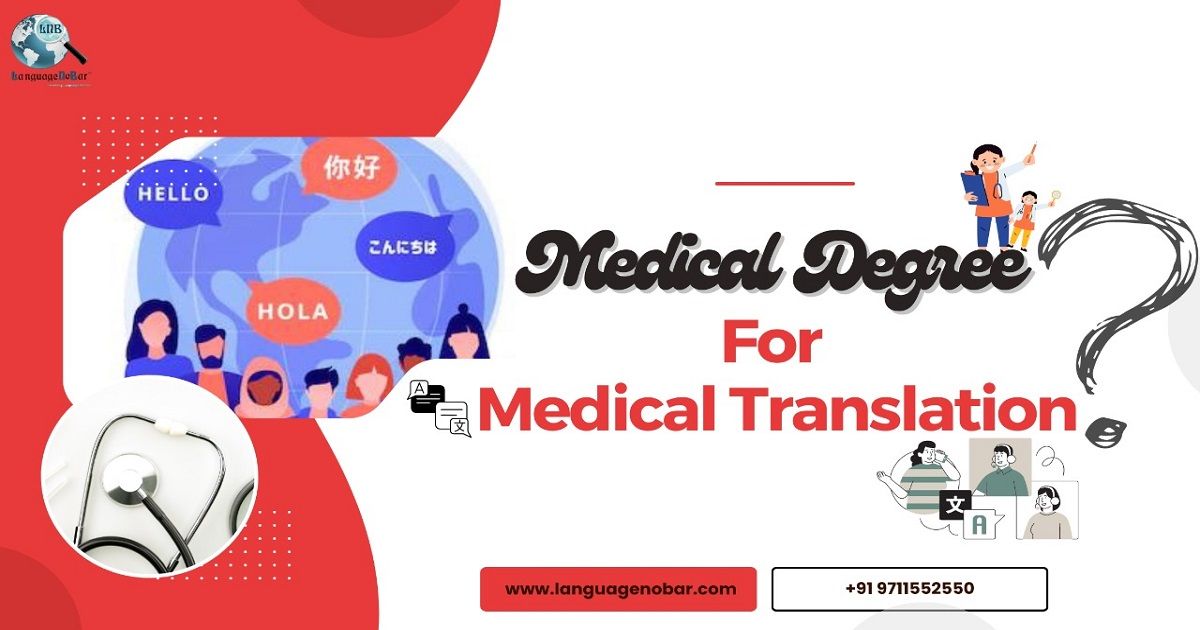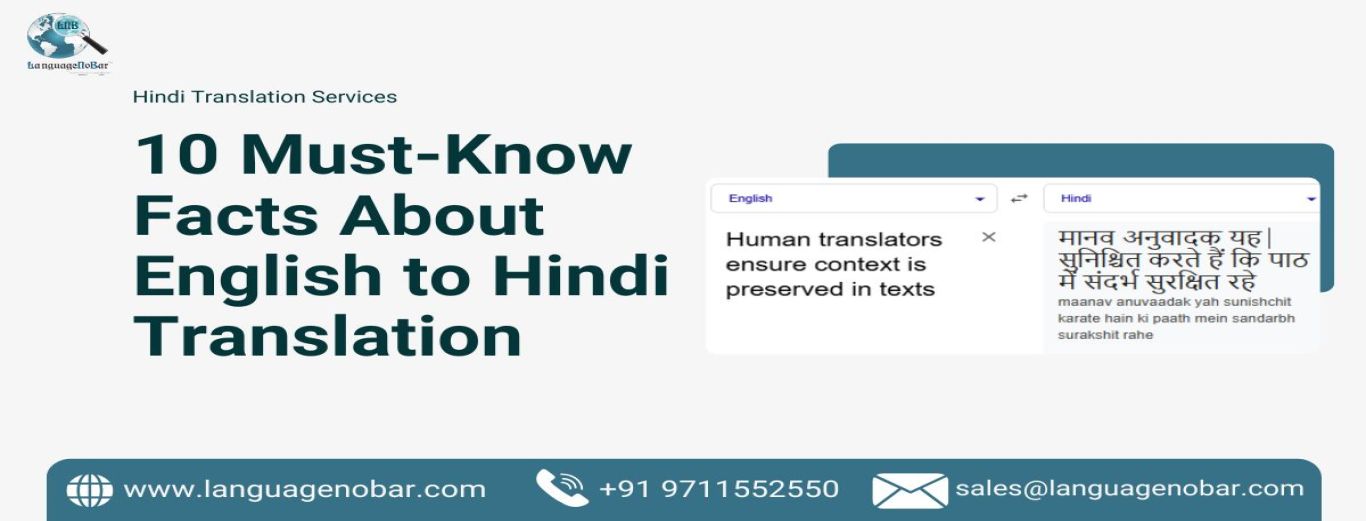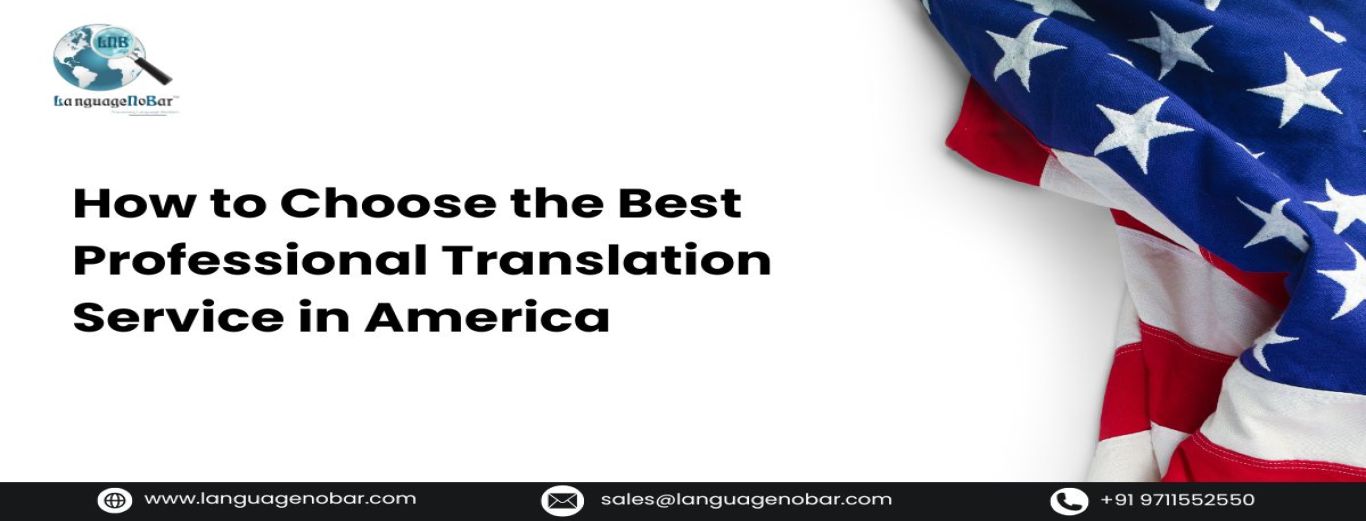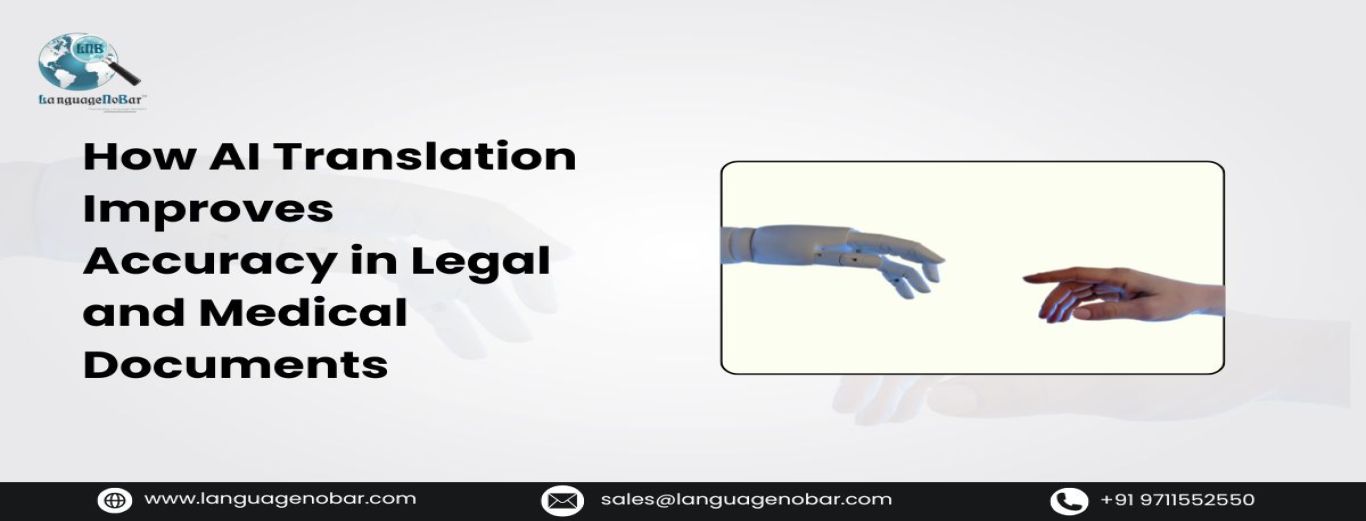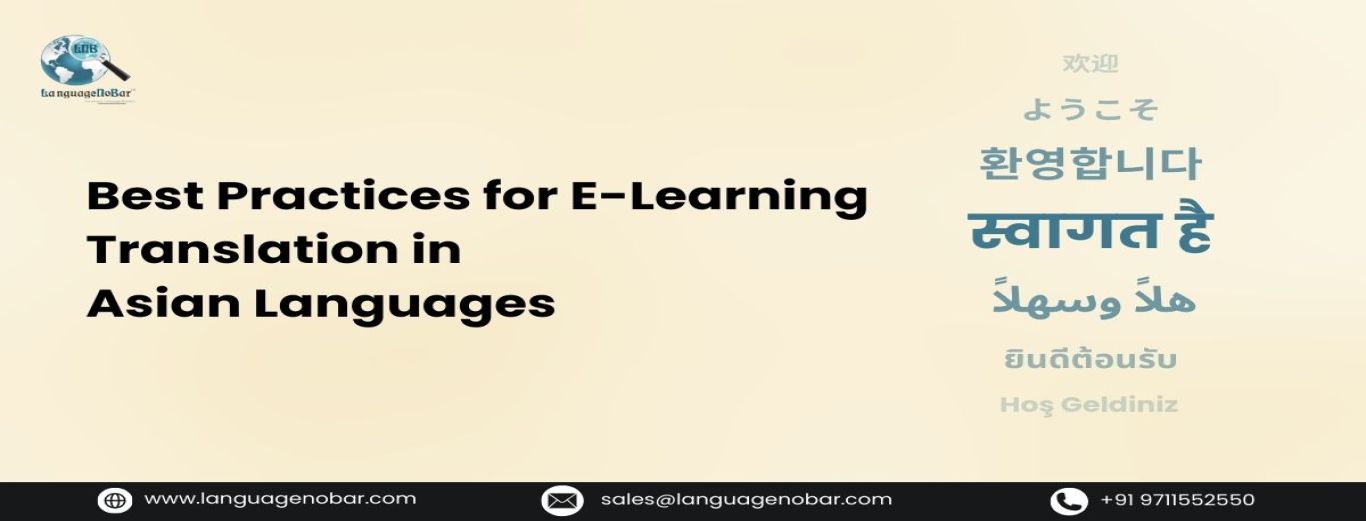Does Medical Translation Require A Medical Degree?
- Medical Translation Services
- Comments (0)
Being a medical translator requires extensive training. Many translators hesitate to enter this area because of this. In fact, a lot of people believe that in order to work as a medical translator, they must hold a legitimate medical degree.
The number of terminology terms used specifically in the field of medicine is thought to be over 20,000. Names of ailments, drug names, and body components are excluded from this. There are several subfields and branches within medicine.
Because health is ultimately at the center of our lives, especially these days, medicine is a universal subject. Given that it ensures communication and the sharing of information, medical translation is a specialized sector of scientific and technical study that enables medicine to truly unite people.
The list of industries and specialties covered by medical translation includes general medicine, pediatrics, cardiology, endocrinology, pulmonary medicine, gynecology, and many more. The medical translation must address all communication demands linked to medicine.
Challenges for a medical translator:
Modification: A medical translator is able to modify their writing to fit the requirements of various text types like informed consent forms, prescriptions, leaflets, patents, explanatory videos, and a variety of other texts including advertisements (for orthopedic devices, prostheses, drugs, etc.), articles for specialized or general medical journals, informative brochures, clinical trial protocols, medical reports, specialized or general information textbooks, and medical certificates (such as health certificates, death certificates, etc.).
Scientific jargon: A medical translator renders intelligibly, precisely, and honestly. They also comprehend the unique architecture of each type of scientific material. Additionally, they need to keep their tone neutral and objective.
Cultural adaptation: Despite appearances to the contrary, culture plays a significant role in medicine. For instance, whereas the chemical component is frequently used in English, the commercial names of medications are frequently used in scientific articles written in Spanish that can be translated into other languages. The top Language service provider will translate to premium Hindi translation if want the documents in Hindi.
Formal etiquette: The appropriate authorities frequently review medical texts. Understanding how to uphold any requirements relating to structure, organization, necessary units of measurement, etc., is important.
Being a proficient speaker of the two languages at hand is insufficient due. It is necessary to have a highly technical understanding of biology, anatomy, medicine, and chemistry. Understanding the meaning and context of the source material is essential, and terminology handling needs to be done with extreme precision. This makes a career to be a premium medical translator also an option for individuals studying disciplines related to healthcare.
Many linguists initially establish their skill sets as translators before specializing in healthcare translation services. It is advised to first become a skilled translator before specializing, especially if you lack medical training. This is because it can be challenging to master translation best practices and difficult topic area knowledge at the same time.
If you're a bilingual medical student thinking about going into translation, you can begin honing your abilities by working on straightforward documents. Product information leaflets and summaries for medical devices might be the finest starting texts for practice because they are prepared in a somewhat predictable structure and provide valuable insight into local and international formatting standards.
You must be fluent in at least two languages and have a solid grasp of medical jargon because a medical translator typically needs to spend time reading through the sources, studying the data, and then producing a translated document.
In particular, you must provide several gradations of control in your translations pertaining to this area. Before submitting your translation to the client, it is imperative that you thoroughly proofread it. For medical interpreters, the qualifications offer some real benefits. These credentials attest to a thorough mastery of medical terminology and usage, which is necessary for anyone who wants to become a sought-after translator.
A medical translator must therefore possess at least a high school diploma and, preferably, a bachelor's degree in either translation or medicine. It might be very beneficial if you have a degree or have successfully completed a medical assistant program.
There is a continuing need for translation services because there are so many clinical studies being conducted worldwide. Clients may favor a medical document translation company with extensive experience with international norms and rules when seeking for one to assist with clinical trial translation.
You must thus have prior experience working in the medical field. However, it is not an issue because you may simply start with some little medical translation projects and develop your skills through independent study. At LanguageNoBar - a professional translation service provider always ensures that all translators are certified and experienced. We make sure in delivering top-notch translations requirement at competitive prices.
Related Blog:
LOCALIZE YOUR MOBILE APP TO INCREASE YOUR MARKETING ROI
REASONS TO HIRE ONE TRANSLATION AGENCY FOR YOUR ALL TRANSLATION NEEDS

